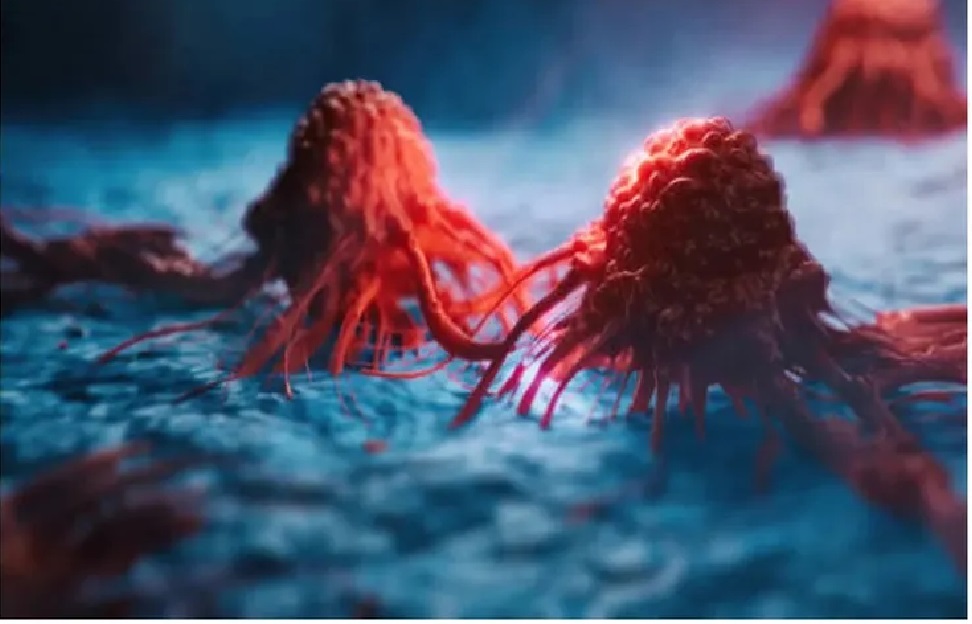Bile Duct Cancer: The Rare and Silent Killer
Unveiling the symptoms, risk factors, and hidden dangers of this elusive disease.

Watan-Bile duct cancer is a rare type of cancer that develops in the bile ducts, which connect the liver and gallbladder. It is characterized by its difficulty to detect.
There are six symptoms that may indicate bile duct cancer:
- Unusual fatigue
- Pain under the ribs
- Stomach pain
- Loss of appetite
- Weight loss
Certain conditions can increase the risk of developing bile duct cancer:
1-Advanced age: The disease is more common in people over 65.
2-Chronic liver diseases: Conditions such as cirrhosis and hepatitis B or C increase the likelihood of the disease.
3-Inflammation of the bile ducts: Patients with primary sclerosing cholangitis are at higher risk.
4-Bile duct stones: Long-term inflammation caused by bile duct stones raises the risk.

5-Diabetes: Studies have shown that individuals with type 1 or type 2 diabetes have a higher risk of bile duct cancer.
6-Smoking: Smoking is a negative factor and is associated with a higher risk of this cancer.
7-Family history: A family history of bile duct cancer or other cancers increases the risk of developing the disease.






